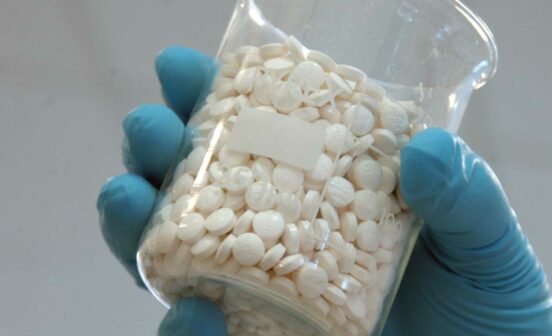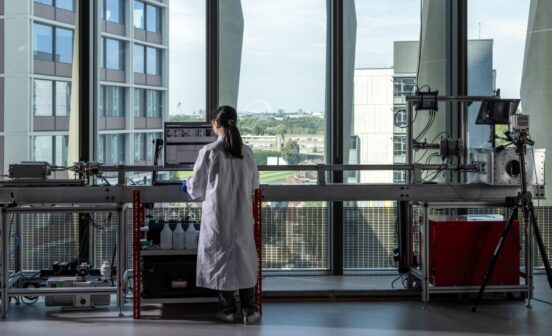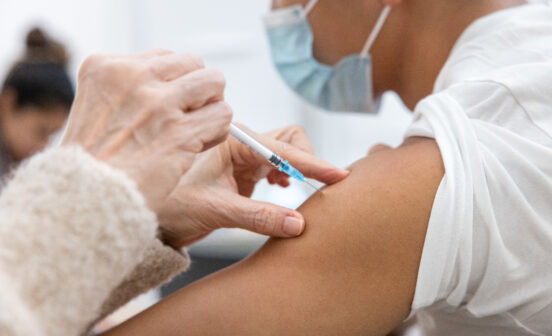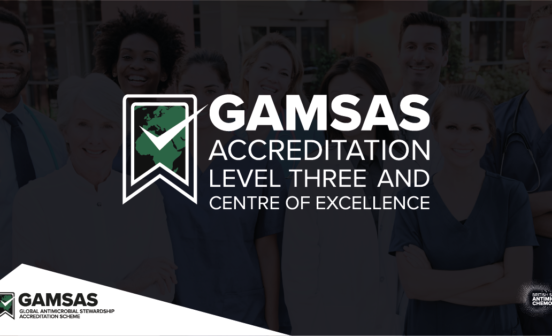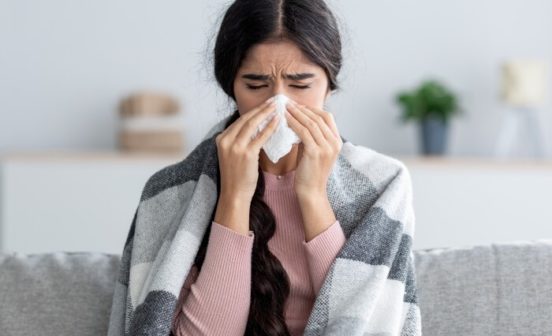AwardFirst in HumanPrevention Plasma transfusions to be tested in REMAP-CAP COVID-19 trial
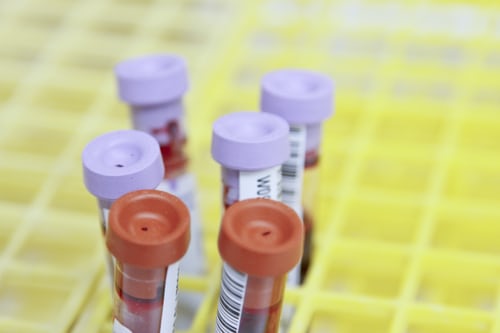
Convalescent plasma is the antibody-rich plasma of someone who has recovered from a virus. The plasma may contain antibodies that their immune system has produced in fighting the virus – in this case, COVID-19, which can then be transfused into infected patients whose immune systems are struggling to fight the infection.
The REMAP-CAP trial is already underway in more than 50 hospitals across the UK and is part of a suite of nationally-prioritised studies funded by NIHR and UK Research and Innovation (UKRI).
Professor Anthony Gordon, Professor of Anaesthesia and Critical Care and NIHR Research Professor, Chief Investigator for REMAP-CAP said: “The REMAP-CAP trial has been specifically designed to provide answers about the best treatment options for the most seriously ill with COVID-19.”
“It is fully adaptive, meaning that new treatments can be added as we learn more, the sample size isn’t fixed and it keeps recruiting until it finds that a treatment is better, worse, or the same as another. It also “learns” from that data so that patients are more likely to receive those interventions that are performing best.”
There is some limited evidence of patient benefit from the use of convalescent plasma, and these clinical trials are needed to confirm the safety and effectiveness of transfusion.
NHS Blood and Transplant has already started collecting and freezing donations from recovered COVID-19 patients for use in trials.
Plasma taken from recovered patients contains antibodies that recognise the virus and can reduce its growth. We will be using plasma from patients at least 28 days after recovery as by that time, antibody levels will have increased.
NHS Blood and Transplant will contact people in England who have recovered from confirmed COVID-19 infection and could be a possible plasma donor, and the plasma will be collected at their centres. Blood will be taken from donors from one arm, which is circulated through a machine that separates out the plasma, and returned into the other arm. The process takes about 45 minutes and provides 2 units of plasma per donation, which can also be frozen and stored ahead for any future need.
Convalescent plasma was used as an effective treatment during the SARS outbreak.
If people have a confirmed positive test result and they are willing to donate, they can also provide details to us through NHSBT’s website.

